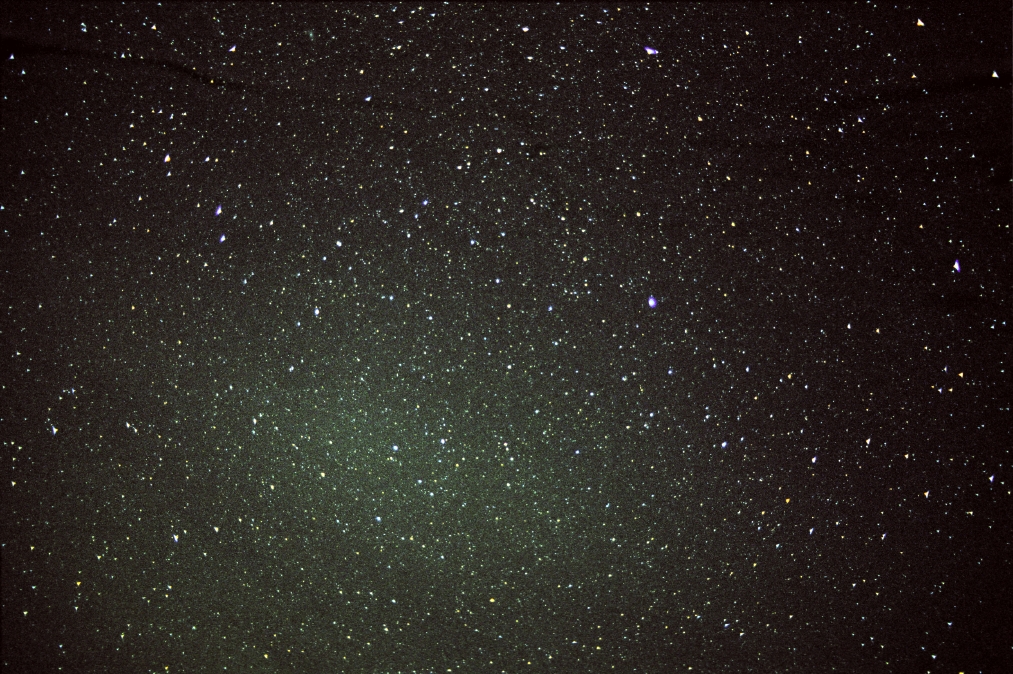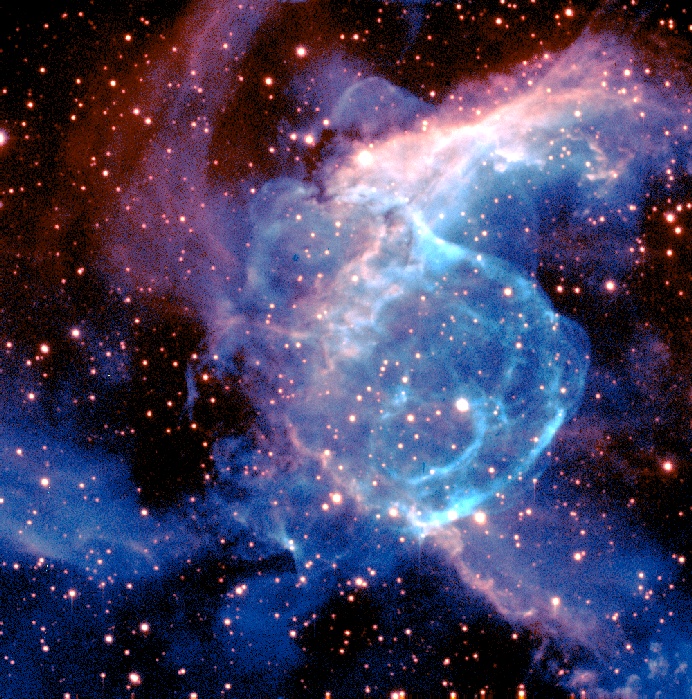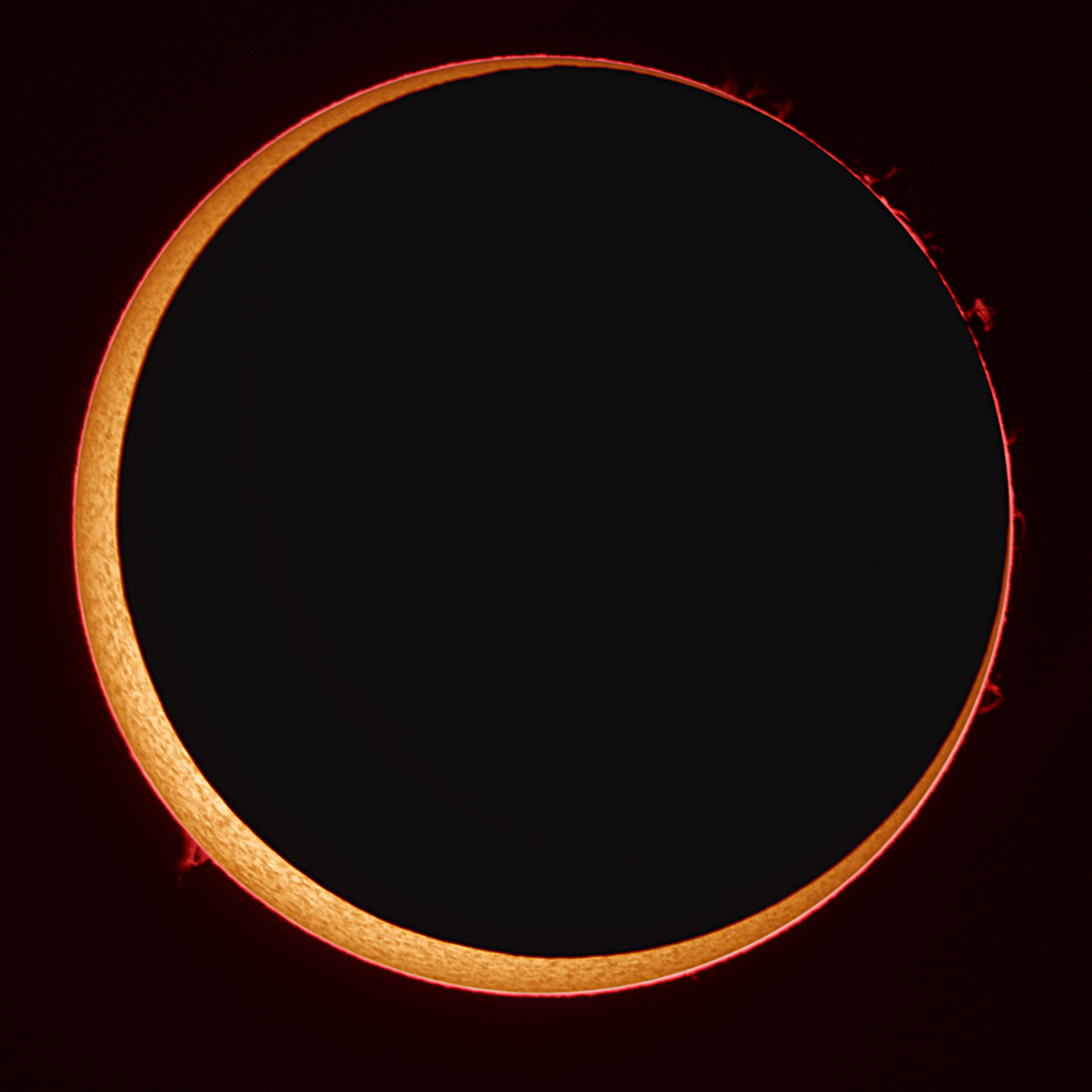Sir Arthur Streeb-Greebling writes:

Science writing of the year - from the Ministry of the Bleeding Obvious.
Pulsars are the dense cores left over after stars of a certain mass explode into supernovae. Weighing as much or more than the sun but only as big as asteroids, they can rotate tens or even hundreds of times a second (versus once a day for Earth). Sky surveys have identified about 1800 pulsars within the Milky Way, most of which emit pulsing radio signals that rise and fall as the pulsars spin.
At the opposite end of the spectrum, this is one of the best opening paragraphs I have read in a while.
Amateur political-astrophysicists in Labour have, since the rising star of John Key put their party in the shade, made a compelling case for a kind of conservative dark matter.
I wonder if I could have a go at this...
If New Zealand's political mileu were scaled up to the cosmic level, Helen Clark would be the Sun and John Key the Gegenschein, a faint opposing glow of whichever of her policies strike the dust of public opinion just right.
...best leave it to the professionals.
Dr Seuss. Why was, and is, he so good?
The idea, which now seems obvious, was that children would best learn to read using absorbing, entertaining books composed in a simple, limited vocabulary.
Reading should be absorbing and entertaining, a truth borne out by all great children's writers, including Roald Dahl and J.K. Rowling (although I don't care for Rowling much myself, seeing kids queue for books gladdens my heart).
Even if we all go back to living in caves, the earth will warm up. Fortunately - even though it's not for 7.6 billion years - we're working on an out. Every 6,000 years we'll use the extra pull of a passing asteroid to move the Earth out a bit. Quite the survival instinct we have!
Current affairs corner, as The Economist points out Cubans have had a rotten deal from a miserable regime—and they know it. but what form will their climb towards freedom take?
More current affairs, and more from The Economist, why is Kosovo so special that its independence is recognised above others?
George Friedman on the "Good War" in Afghanistan - no-one cares because it isn't important.
Hot and Cold at the same time.
It may be hard to picture a world with both sweltering temperatures and expanding ice sheets. But to Norris, the counterintuitive result just underscores the complexity of climate science. He says that his team’s research overturns “simplistic notions that you make the planet warmer, and all the ice goes away.”
In fact, says Norris, “Very warm conditions are actually kind of nice for growing ice sheets, as long as you have a cold enough spot someplace on the planet.” Warm global temperatures mean that a lot of water is evaporating, and this water can return to the earth as rain or, in cold areas, as snow. If these snowy areas stay cold enough year-round, the snow will accumulate over time.
Is there any way to stop the traffic jams on the way back to work on Monday? Probably not.



